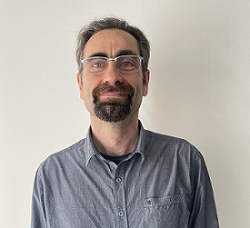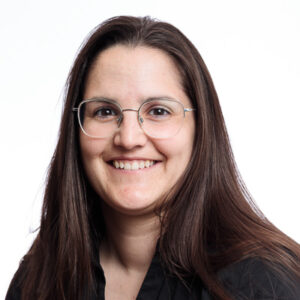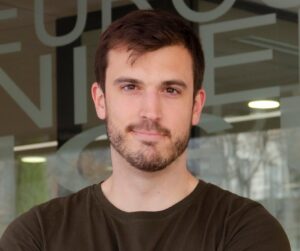Samanta Ortuño Miquel
Samanta Ortuño Miquel graduated in Biotechnology from Miguel Hernández University (UMH) in 2016 and completed a Master’s in Biotechnology and Bioengineering (UMH) in 2017. Her undergraduate and master’s theses, supervised by Dr. Vera, led to a first-author publication on flowering regulation in Arabidopsis. She later trained in forensic genetics in Italy.
She then pursued a Master’s in Bioinformatics at the University of Murcia (UM), where she found her true vocation. During this time, she worked at Taxón Estudios Ambientales S.L., gaining experience in France and later in Dr. Garcia-Charton’s lab (UM). She specialized in web applications using Shiny (R), relational databases, genetic characterization (metabarcoding), and bioinformatics workflows.
Currently, she is a Bioinformatics Support Technician at ISABIAL, assisting research groups in Neurosciences, Hepatic and Intestinal Immunobiology, Cardiology, Rare and Infectious Diseases, and Neuropharmacology. Her responsibilities include web development, workflow design for alternative splicing, RNA-seq, scRNA-seq, and ChIP-seq analysis, as well as training healthcare personnel and managing REDCap.
She is also pursuing a Ph.D. in Computer Science at the University of Alicante, under Dr. Gil (UA) and Dr. Alenda (ISABIAL), focusing on AI applications in healthcare data.




